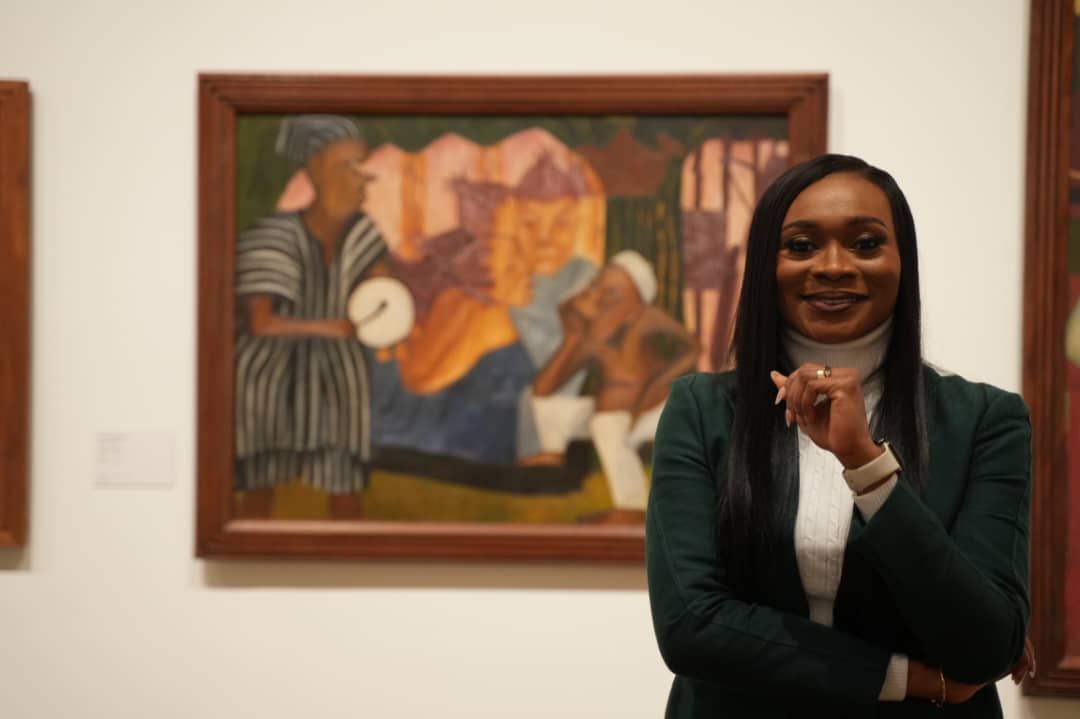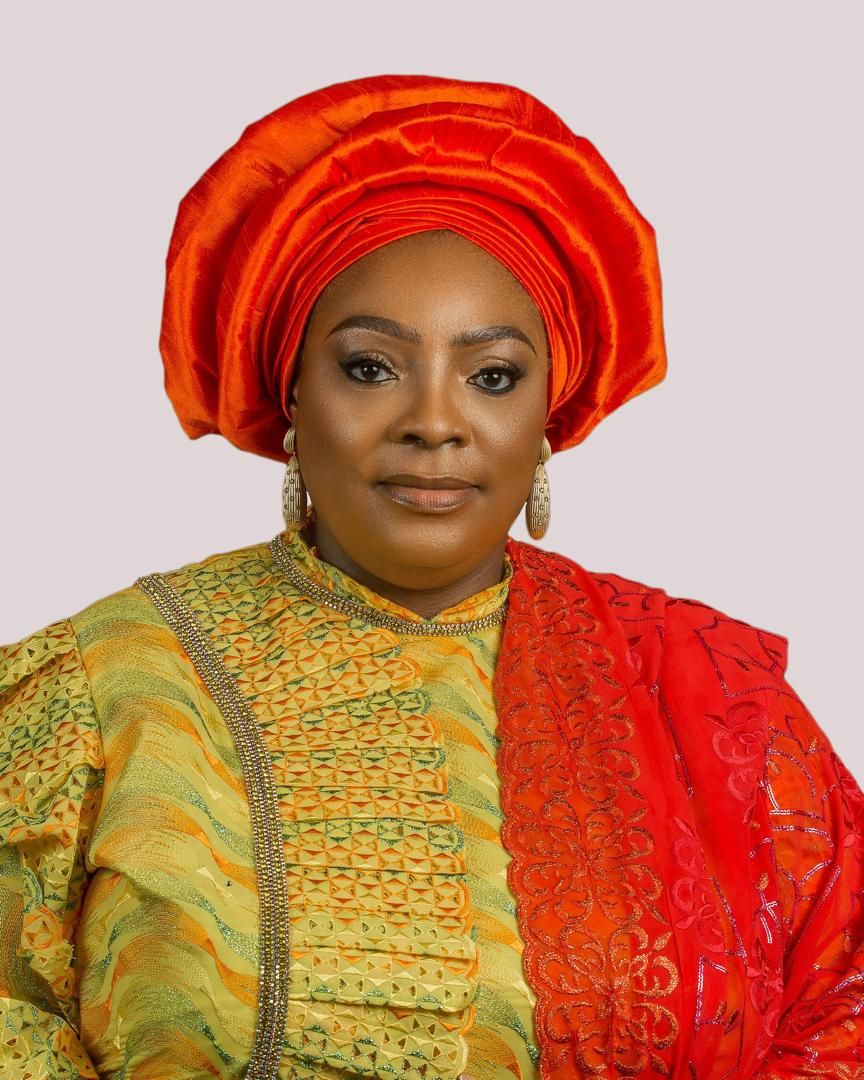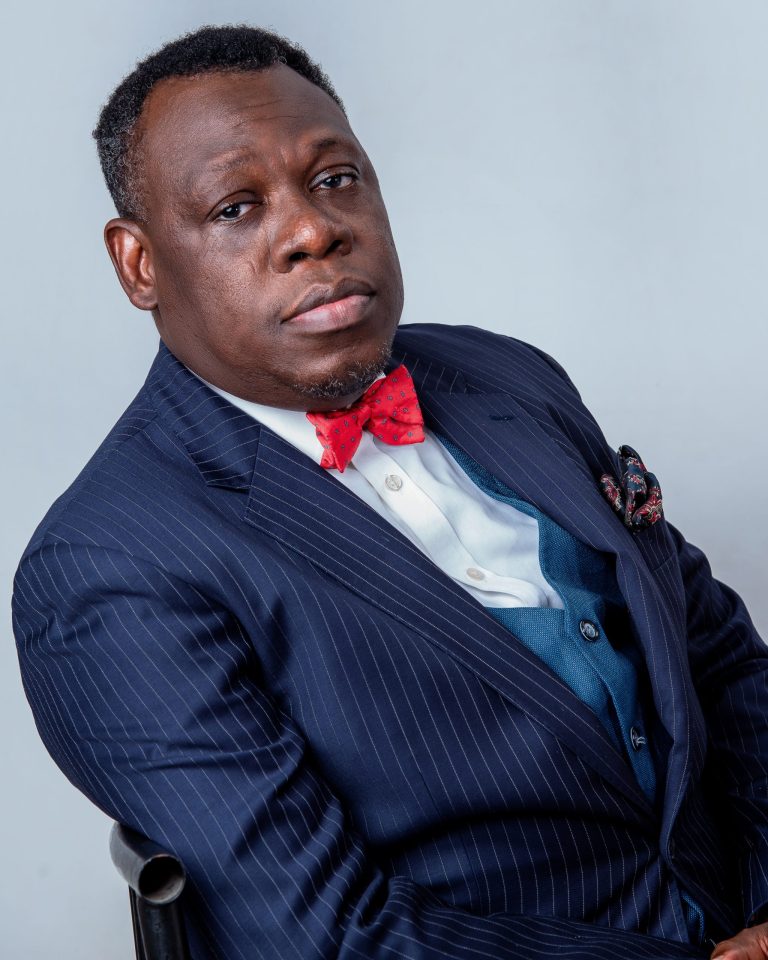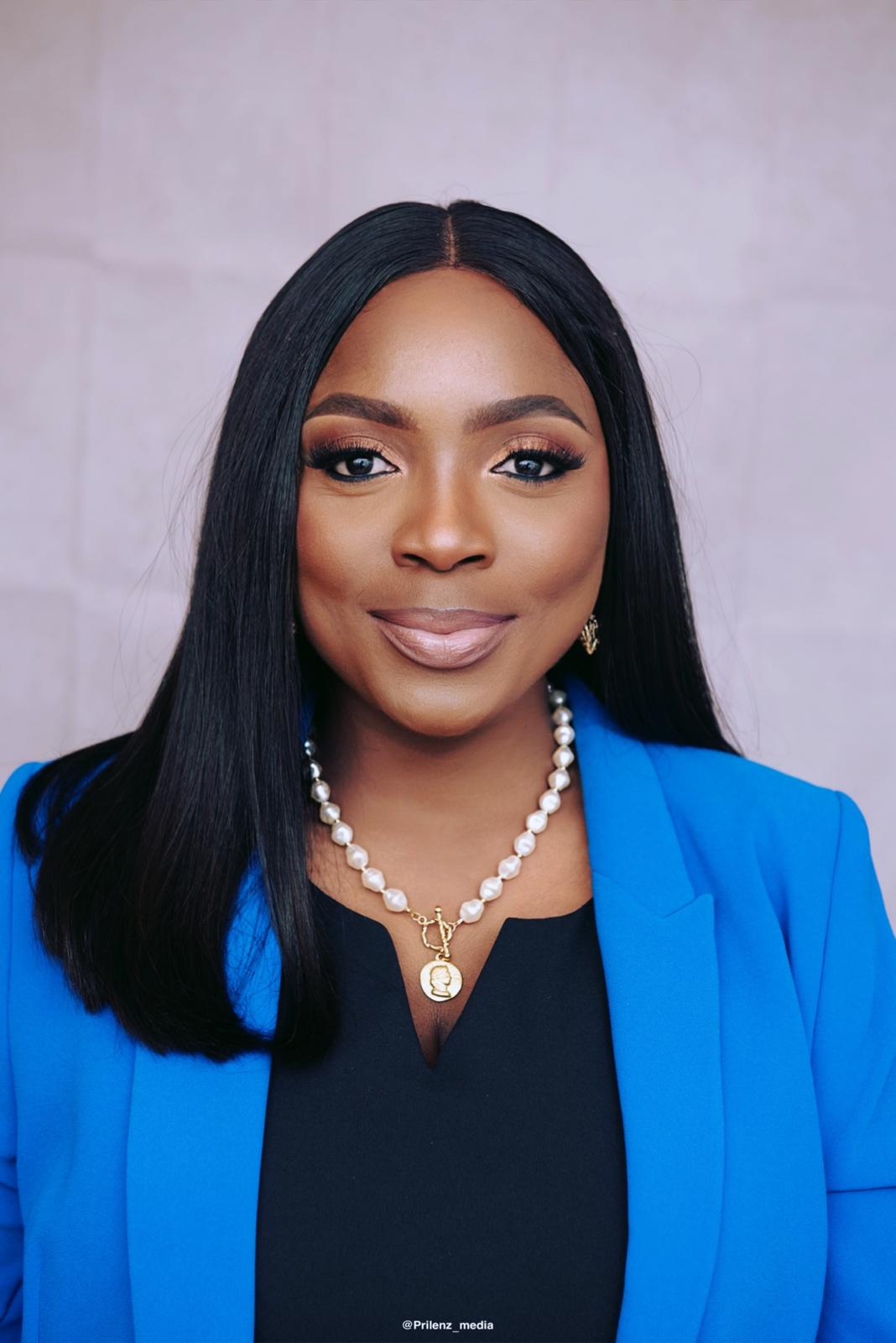Current Security Challenges Cannot Define Nigeria’s Character As A Nation, Says Shina Phillips
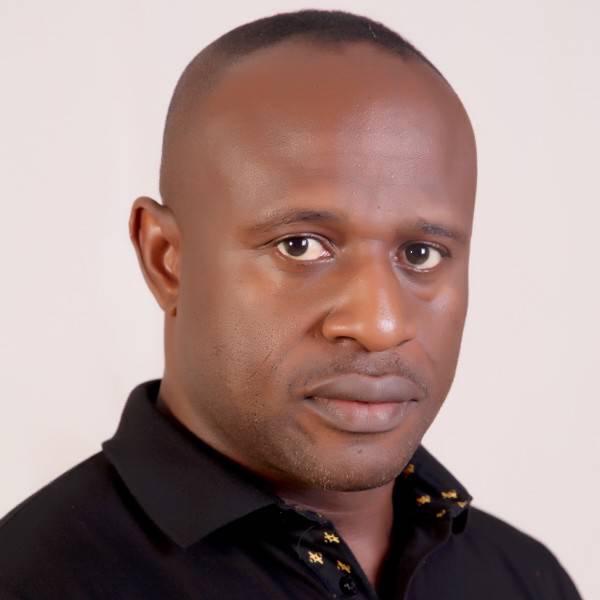
Nigeria, the African giant, is currently inundated by an array of security challenges which have completely overstretched the country’s lean post-COVID-19 economic, military and human resources in such unprecedented dimensions that, in addition to avoidable deaths and displacement of innocent citizens across the geo-political regions, the Federal Government is now battling to cope with the threat of a looming food crisis and an upsurge in an already high unemployment figure. Identifying the many varied threats to the nation’s security and stability is simpler than finding credible and sustainable solution and peace. Notwithstanding this, the Government has continued with its extensive military option across the different theatres of conflict. Recently however, many concerned Nigerians and foreign partners, notably the United Kingdom, a former colonial master, have called for a non-military option as part of a comprehensive strategy to restore peace in the country. A prominent Nigerian and a security analyst, Shina Philips, has continued to provide an assessment of the security situation and outline a pathway to sustainable peace. Mr. Philips is a regular Security Analyst on Security Watch Africa, a weekly security programme on television and an International Assessor to Security Watch Africa Awards. He is also the MD/CEO of Matchmakers Consult International Limited, President of Nigeria Pitch Awards and the Africa LAMPS Awards. As a Security Analyst and International Assessor, he has garnered a wealth experience and insight into the nation’s security challenges and can confidently proffer sustainable solutions. His thoughts and opinions on this subject matter are captured below.
Assessing Current Security Challenges
Having made this clarification, I would like to refer to President Muhammadu Buhari’s assessment of the country’s security challenges. In his first meeting with the Service Chiefs on 17 January 2021, the President had reportedly charged the new military chiefs to be patriotic because ‘We’re in a state of emergency’.
This succinctly captures the sum of the country’s experiences from the state of insecurity. Amplifying the state of emergency assessment, the President clearly was referring to the Boko Haram insurgency in the North-East. But that would be rather too simplistic. In addition to the extremist group, we have, sadly, witnessed the increasing influence and destructive activities of organized criminal gangs, which carry out killings and kidnappings in many parts of the North-West especially in Zamfara, Sokoto, Kaduna, Kastina and recently Kebbi. Unlike the Boko Haram sect which are propelled by their ideology, the bandits are a gang of armed men seeking to destabilize the society for economic gain.
The aged-old herders-famers conflicts have been exacerbated by increased herders’ mobility in search of pasture for their cattle. The debilitating effect of climatic change is further pushing them towards the southern states, setting herders and farmer up for recurring conflicts. These conflicts have been largely framed as ethno-religious but they are not. The activities of the now proscribed Indigenous People of Biafra (IPOB) and their constant violent attacks on public institutions and infrastructure including security infrastructure has set the region in conflict with the military and the police.
This Is Not Who We Are
I must state that fundamentally… intrinsically and innately, Nigerians are peace loving, industrious, hospitable and ingenuous. Since the truce which brought the civil war to an end in 1970, the country has experienced relative peace, economic growth, social integration and a deepening of our democratic experience. These challenges notwithstanding, the country retains her huge potentials for development. Nigerians are highflyers and have excelled in virtually all areas of human endeavours anywhere they find themselves. The passion and intensity of their pursuit for economic and entrepreneurial success at home and abroad is legendary.
Despite the diversity and social, religious and ethnic differences, most Nigerians want and actually prefer the country to remain one. Nigeria is what it is in the comity of nations because of the cooperation and collaboration of the ethnic nationalities which make up the country Nigeria. The agitation for secession and disintegration is therefore unsettling and intriguing.
The current security challenges cannot define our character as a nation; essentially, this is not who we are. Insurgency is alien to the country. Banditry, the scale of which the Nigeria is currently battling with is also alien. This probably explains why many observers have said most of those involved are foreign nationals who gained entry through many of the country’s illegal entry points.
The country has had security challenges before but nothing we have had in the past has come close to the devastating war of attrition criminals are waging against the country and her citizens.
I genuinely sympathize with people who have been directly and indirectly affected and displaced by this battle for the soul of the nation. I must single out the Nigerian military for rising up to protect the country and preserve lives of citizens. Greatness comes with its own prize, Nigeria is paying hers. Some great nations have a history of internal conflicts as people with parochial and nefarious interests seek to eviscerate the democratic government in order to impose their will on the majority.
Pathway to a More Secured Nigeria
The most effective national security systems world over are proactive. Societies can no longer wait for crimes to happen because of the huge cost and damage which attends successfully executed criminal activities. The clashes between herders and farmers for example, are actually avoidable if our security agencies proactively trace the movement of herders and set up a mechanism for them to co-habit and resolve misunderstandings when they occur.
Secondly, the Federal Government and the Nigeria Police Force have already embarked on a comprehensive community policing programme which seeks to bridge the gap between the police and the civilian population. Nigerian security agencies roughly have a combine strength of about a million officers. To effectively police over 200 million Nigerians will invariably require their cooperation and collaboration. Community Policing is taking deeper and stronger roots in the country. It will strengthen the bond between the police and communities and help curtail crime.
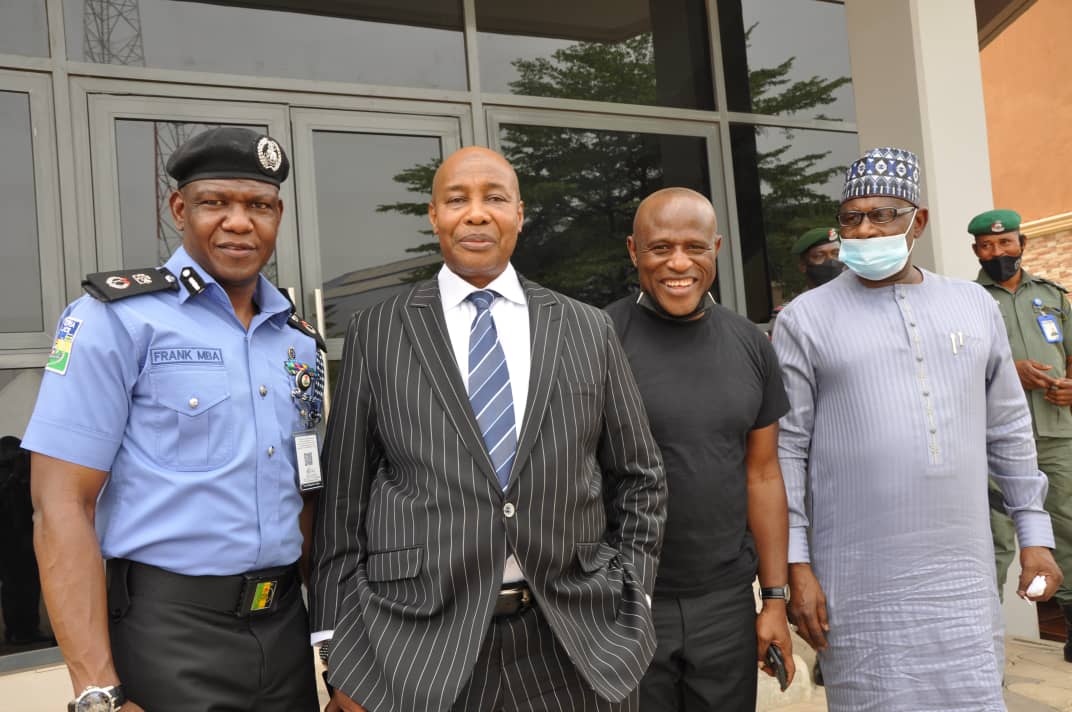
The Police in Nigeria’s Security Architecture
The Nigeria Police Force is the primary and most influential agency in the nation’s security architecture. There is no doubt about this. The prowess of its men and officers has been attested to even beyond our shores. This is why the recent activities of ‘Unknown Gun Men’ who made police officers and police infrastructure their target is regrettable.
New Leadership of Nigeria Police
I have to commend the President for appointing Inspector General of Police (IGP) Usman Alkali Baba as the nation’s police chief. He is an astute and professional police officer who has served in several departments and formations in the Force. He has worked as a Police Public Relations Officer and Commissioner of Police in charge of state commands, as AIG Zonal Commands and Force Secretary. He is a recipient of several international awards including the Security Watch Africa Awards. He has undergone professional trainings in counter terrorism and a fellow of the Defence College which places him at a vintage position in the fight against terrorism and insurgency. As Force Secretary in the last administration, his experience provided stability and motivation in the Force. He has brilliant ideas and we are sure to see him bring these into fruition as head of the Police.
I have had the privilege of travelling with him a few years ago and I admire his perception and convictions as a disciplined police officer. He is God fearing, a lover of family values and a true son of this country. He will reposition the Force to take its rightful place in Nigeria’s internal security arrangement. Under him, the Force will become a friendly police force and act proactively.
What to Expect from IGP Alkali Baba
IGP Baba is an exceptionally focused police officer. If you have had the opportunity to sit one-on-one with him like I have done, you would notice his penchant for delegating responsibilities and carrying everyone along in the pursuit of his goal. I have no doubt the Force will emerge a more a more disciplined, motivated and friendly force under his leadership.
You can already see his direction as the nation’s top police chief. He has surrounded himself with some of the best and most brilliant police officers around. His team of DIGs, Force Secretary, State Commissioners, Formation Heads, PSO and FPRO are some of the best you can find in any police department anywhere in the world.
IGP Baba will bring every officer on board and focus resources and strength on crime fighting. We have seen that rather than conduct a wholesale redeployment of heads of State Commands and formations, he only swapped a few strategically necessary officers. This has ensured stability in the Force. He is also visiting officers on the ground to motivate them.
The Inspector General of Police is also a lover of sports. In 2020, he was Chairman of the Police Games and the Committee had a successful outing in Awka, Anambra State. He was also on ground at the 7th Award Ceremony of the Nigeria Pitch Awards which was held in Lagos a few days from the Christmas celebrations last year.
The Inspector General of Police, I believe, will pay attention to the training and retraining of in order to enhance the performance of the Nigeria Police as an institution. In 2019, as Force Secretary, he played a strategic role in the hosting of the maiden edition of the Conference and Retreat for Senior Police Officers which was held at the Eko Hotels and Suites and the Lagos Continental Hotel. The Conference and Retreat became a major opportunity for security managers to conduct an evaluation of their individual activities and of the success of the Force as a major security agency in the country. There are already plans to hold a second edition this year.
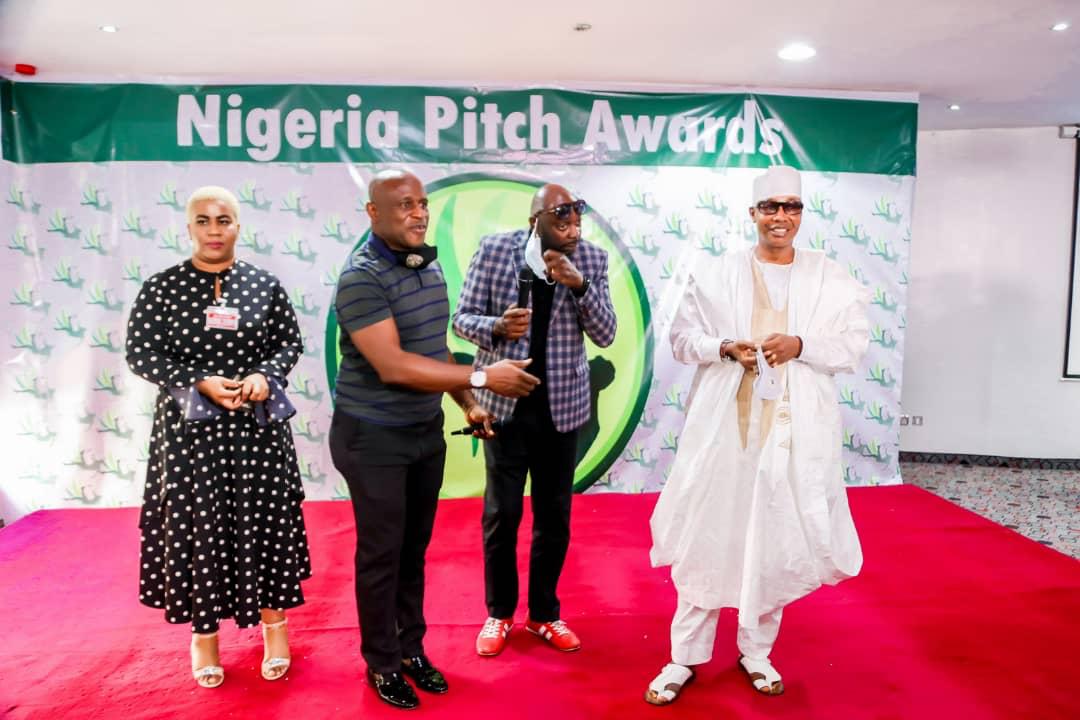
Nigeria Pitch Awards, Africa LAMPS Awards
As President of the Nigeria Pitch Awards and the Africa LAMPS Awards, I am leading a team of intelligent people to focus resources towards achieving greatness for Nigeria and Africa.
I commend the President, Nigeria Football Federation (NFF), Mr. Amaju Pinnick and management of the NFF for their commitment and support for the awards. I also thank Sports Editors who have demonstrated full commitment to the success of the awards.
The Nigeria Pitch Awards has been on since 2013, making it the longest running football awards in Nigeria. It is arguably Nigeria’s only audited sports awards. It has had a tremendous impact on our football. Notwithstanding the challenges and shortage of sponsors, the Nigeria Pitch Awards has continued to motivate footballers both in in our domestic league and foreign leagues. The 8th Award Ceremony is scheduled to hold later in the year and Nigerians can expect the same standard – credibility, transparency and integrity.
The Africa LAMPS Awards is a unique creation. It means Legends of Arts, Management, Politics, Science, Security and Sports. It will reward creativity, ingenuity, industry and entrepreneurship in Africa. The first edition will be held in conjunction with the African Union.
Africa has made tremendous contributions to world development. These contributions, though documented, have gone largely uncelebrated. The LAMPS Awards will identify these African heroes and heroines and honour them. This gesture, it is hoped will spur developmental strides on the continent and help leaders to focus on creating self-sufficiency in food production, health facilities including developing an African COVID-19 vaccine.
Finally, I appeal to all Nigerians to focus our resources and energy on the things which bind us together as a great nation rather than the few temporary challenges we are experiencing.




